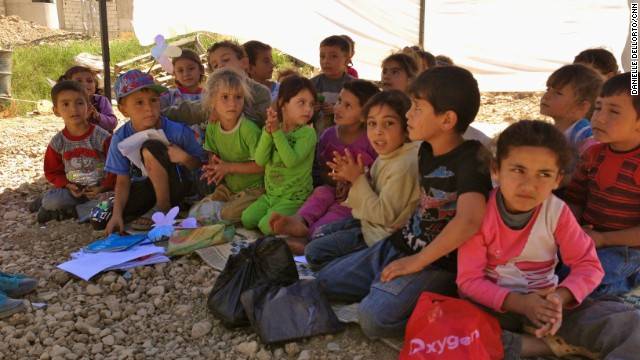The Upper House of the Parliament passed the first ever bill that makes the welfare and rehabilitation of unattended orphan children, the responsibility of the state. The bill titled ‘Un-attended Orphans (Rehabilitation and Welfare (Act), 2016’ is aimed at protecting the rights of unattended orphan and abandoned children, ensuring provision of facilities to them including housing, education and healthcare.
Under the proposed law, the government shall establish a welfare fund for the children with an initial grant of fifty million rupees and the money received by way of donations, contributions and assistance from individuals, body corporate, financial institution and other organisations shall be credited to this fund. Every unattended orphan shall be registered with the National Database and Registration Authority (NADRA) and every child abode and orphanage working in private sector shall get registered with it as well. The law proposes punishment if anyone forces such children to beg, commit petty crime, engaged in rag picking or sexual acts. This legislation has been on-going since 2013. Progress in parliament has been slow, and implementation will be even slower. NADRA started the registration process in 2012, so the bill itself seems like it was written years ago, and is behind the times.
According to a Unicef report, Pakistan is home to 4.2 million orphaned children. Though the creation of the welfare fund is a well-intentioned step, the problem of orphans in Pakistan is much bigger. The current adoption process in Pakistan discourages the taking in of orphans, who are left to the mercy of the state, or private charities. Adoptive parents are only recognised as legal guardians and not as parents, which raises complications when obtaining identification papers from NADRA. This becomes even more complicated in cases where the identity of biological parents is unknown. The rights of adopted children are not clearly defined by law either. An adopted child has no legal right to inherit property and whatever financial security is provided is heavily dependent on the discretion and of foresight of adoptive parents. This is where legislation is needed. Due to social taboos and religious beliefs, a premium is placed on blood relations. Parents often resort to presenting adoptees as their biological children to avoid social stigma. If this problem can be remedied by law, so that parents who adopt know the state clearly supports adoptions, and the child is also legally considered their heir, the number of unattended children will fall. The bill is fixing only one symptom with its welfare fund, the social setup still needs to be carefully revised.






